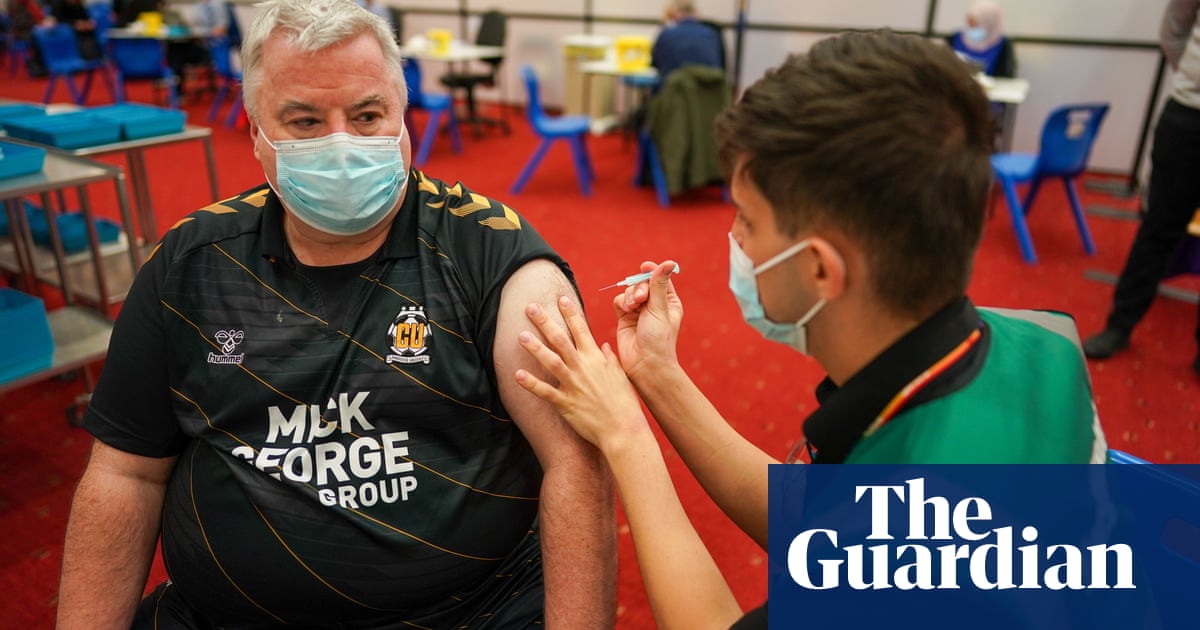
Ambitious plans have been announced for all adults in England to receive their Covid booster by the end of the year.
What has changed?
Two weeks ago, the prime minister said every eligible adult would be offered a booster by the end of January. That has now been brought forward a month with all over-18s who had their second dose of the vaccine at least three months ago able to get their booster from Monday.
Why has the booster programme been accelerated?
Experts have said Omicron infections are doubling in the UK every two to three days and a report by the UK Health and Security Agency found that two doses of a Covid vaccine offers less defence against symptomatic infection from the Omicron variant than with Delta but a booster raised the level of protection.
How can you get your booster?
Everyone aged 18 and over will be able to go into a walk-in centre to get the vaccine from Monday. Some vaccine centres had already been allowing younger people to get jabs despite NHS England not officially offering boosters to under-40s (they were to be extended to over-30s before the prime minister’s announcement). With age priority scrapped, it is likely to lead to a scramble by people to get vaccinated, particularly so their immune response kicks in before Christmas when many younger people will be intending to visit elderly relatives, who they will not want to risk infecting. A similar scramble is likely to occur on Wednesday when the NHS booking system will open for everyone aged 18 plus.
How many jabs a day will be needed for the government to hit its target?
By Sunday 46.7 million people had had a second dose, while 23.1 million had had a booster, a difference of 23.6 million. They will not all be adults but most will be, given second jabs for under-18s were only approved just under a month ago. Even if there were 20 million adults still to have a booster that would require administering almost 1 million doses a day, and that is without accounting for Christmas Day and Boxing Day when the appetite for giving and receiving boosters is likely to be low.
Is it achievable?
On Saturday, 592,337 people of all ages received a dose but totals are generally higher on Saturdays. The highest figure on a weekday last week was 527,342.
In May, it was reported that the government wanted to vaccinate 800,000 a day, rising to as many as one million people a day as part of a drive to save the British summer, amid the threat posed by the Delta variant. However, the peak reached in May was 762,361. The highest number of new vaccinations reported in one day in the UK was 844,285 on 20 March – a figure that will probably need to be surpassed every day to hit the government target.
To try to achieve it, Boris Johnson said the government will be deploying 42 military planning teams and setting up additional vaccine sites and mobile units and extending opening hours so clinics are open seven days a week, earlier and later. But it is still likely to require GPs and other health professionals to forgo other responsibilities to deliver boosters at a time when waiting lists for routine operations are at record levels and one senior health figure said the NHS is “on its knees”.
Source: Guardian







